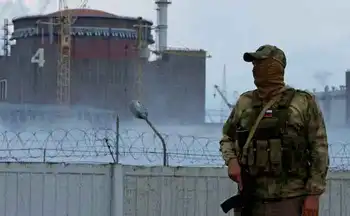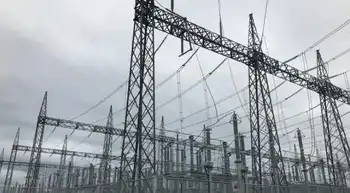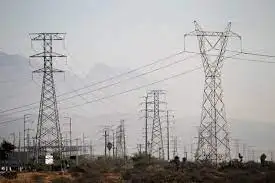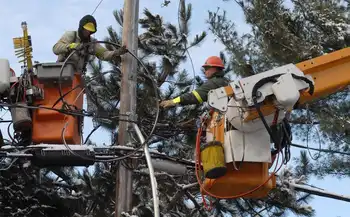North Korea deal reached
By Reuters
Electrical Testing & Commissioning of Power Systems
Our customized live online or in‑person group training can be delivered to your staff at your location.

- Live Online
- 12 hours Instructor-led
- Group Training Available
Christopher Hill, the chief U.S. negotiator in the so-called "six party talks," emerged from a marathon meeting in Beijing to declare a framework for an agreement had been reached. But envoys from other nations at the table cautioned further talks will be needed to nail down a final pact.
In essence, North Korea has traded away its ability to produce new nuclear fuel in return for immediate energy and other aid.
But it will still hold on, for now, to an arsenal U.S. intelligence officials believe contains a half dozen or more nuclear weapons or the fuel to produce them.
Any deal involving Washington and Pyongyang would be globally significant because it comes only four months after North Korea sent shock waves around the world when it tested a nuclear weapon.
It would also mark a diplomatic success for a Bush administration more practised at issuing threats, notably the U.S. president's now infamous 2002 State of the Union speech in which he branded North Korea a member of the world's "axis of evil." Back then, Washington told the world it would not stand by idly as autocratic leader Kim Jong-il armed himself with weapons of mass destruction while starving his citizens.
Now, George W. Bush appears to be taking a page from the diplomatic playbook of his predecessor, Democratic president Bill Clinton. Although details remain sketchy, the overarching framework of the emerging deal mirrors a 1994 pact reached with North Korea by the Clinton administration.
That pact fell apart shortly after Bush came to power and took a harder line with the repressive Kim, a policy the president's critics charge allowed Pyongyang to embark on a nuclear program which made these talks much more crucial to averting a nuclear crisis.
Hill offered no details of the pact, but the outline of the deal on the table called for North Korea to seal its main nuclear reactor within 60 days and allow international nuclear inspectors into the country.
The status of its existing nuclear weapons and weapons fuel would be the subject of a further agreement and Washington has already signalled it would move on a second deal in the spring if it could get initial agreement from North Korea.
In return for closing the reactor and letting in inspectors, North Korea was to receive a package of energy and economic assistance worth some $400 million (US), along with unspecified security guarantees.
Published reports indicated North Korea was seeking immediate shipments of up to two million tonnes of fuel oil and two million kilowatts of electricity in exchange for its agreement.
Hill said he had been in constant contact with U.S. Secretary of State Condoleezza Rice and said approval from Washington did not appear to be a problem.
If the deal is approved in the various capitals, as it must be, it would be the first significant step toward North Korean disarmament since talks were restarted in 2003.
Even before the deal won official approval in Washington, it was under fire from the former U.S. envoy to the United Nations, John Bolton, who pushed for a package of sanctions against Pyongyang following the October test.
Bolton said the tentative deal would make Washington look weak and sets a bad precedent.
But Bill Richardson, the New Mexico governor and former UN envoy, offered praise, while cautioning details would have to be scrutinized.
"Although the devil is in the details, this is a first important step that might lead to the denuclearization of the Korean Peninsula," said Richardson, a Democratic presidential hopeful who has held direct talks with North Korean officials.
There was no official word from North Korea's representative. First word of the tentative deal came from China.
Other parties at the table included Russia, Japan, and South Korea.
Japanese and Russian envoys reacted cautiously, questioning whether details would be approved by their governments.











